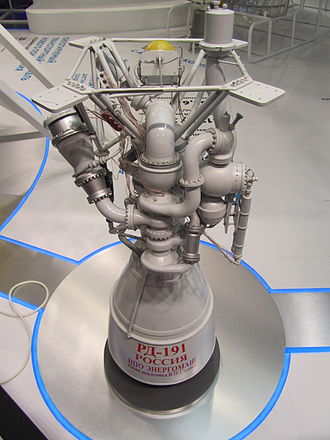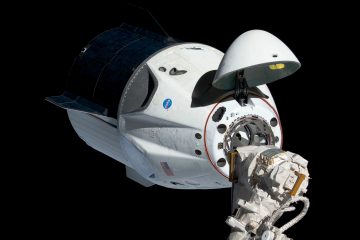Exciting Developments in Rocket Technology in 2023

The Evolution of Rocket Technology
As we venture further into the 21st century, rocket technology continues to evolve at a rapid pace, shaping the future of space exploration and beyond. With increasing interest from both governmental and private sectors, rockets are becoming central to missions that include satellite deployment, interplanetary exploration, and even space tourism.
Key Developments and Recent Launches
In 2023 alone, several remarkable rocket launches have occurred. The successful deployment of NASA’s Artemis I mission in late 2022 set the stage for significant developments this year. Its primary goal is to return humans to the Moon, paving the way for sustainable lunar exploration. Following the success of Artemis, SpaceX’s Starship has taken center stage, with a series of test flights aiming to establish a robust system for missions to Mars and beyond.
Additionally, China has been making strides in rocket technology with its ongoing Tiangong space station project. In June 2023, China launched another crewed mission to its space station, showcasing the reliability and effectiveness of its Long March rockets.
Private Sector Contributions
The role of private companies in the rocket industry cannot be understated. SpaceX and Blue Origin lead the charge in reducing launch costs through reusable rocket technology. Their innovations not only enhance access to space but also stimulate market competition.
This year, SpaceX completed its 50th delivery of satellites for the Starlink program, further cementing its position as a key player in satellite internet services worldwide. Meanwhile, Blue Origin plans to conduct crewed flights on its New Shepard rocket, focusing on space tourism and research missions.
Looking Ahead
As we progress through 2023, the future of rocketry appears promising. Experts predict that advancements in propulsion technology, materials science, and international cooperation will enable faster and more efficient launches. NASA’s ambitious plans for Mars exploration, coupled with the commercialization of space, suggest an era of unprecedented opportunities for scientific discovery and commercial ventures.
Conclusion
Rockets play a critical role in advancing human exploration of space. As nations and private companies continue to innovate and collaborate, the opportunities for exploration are expanding. The significance of these developments lies not only in their potential for scientific advancement but also in ushering in a new era of commercial space endeavors. The interest and investment in rocket technology reflect a global commitment to reaching new heights, both literally and figuratively.





